Verified Organisation Profiles
Discover organisations to support today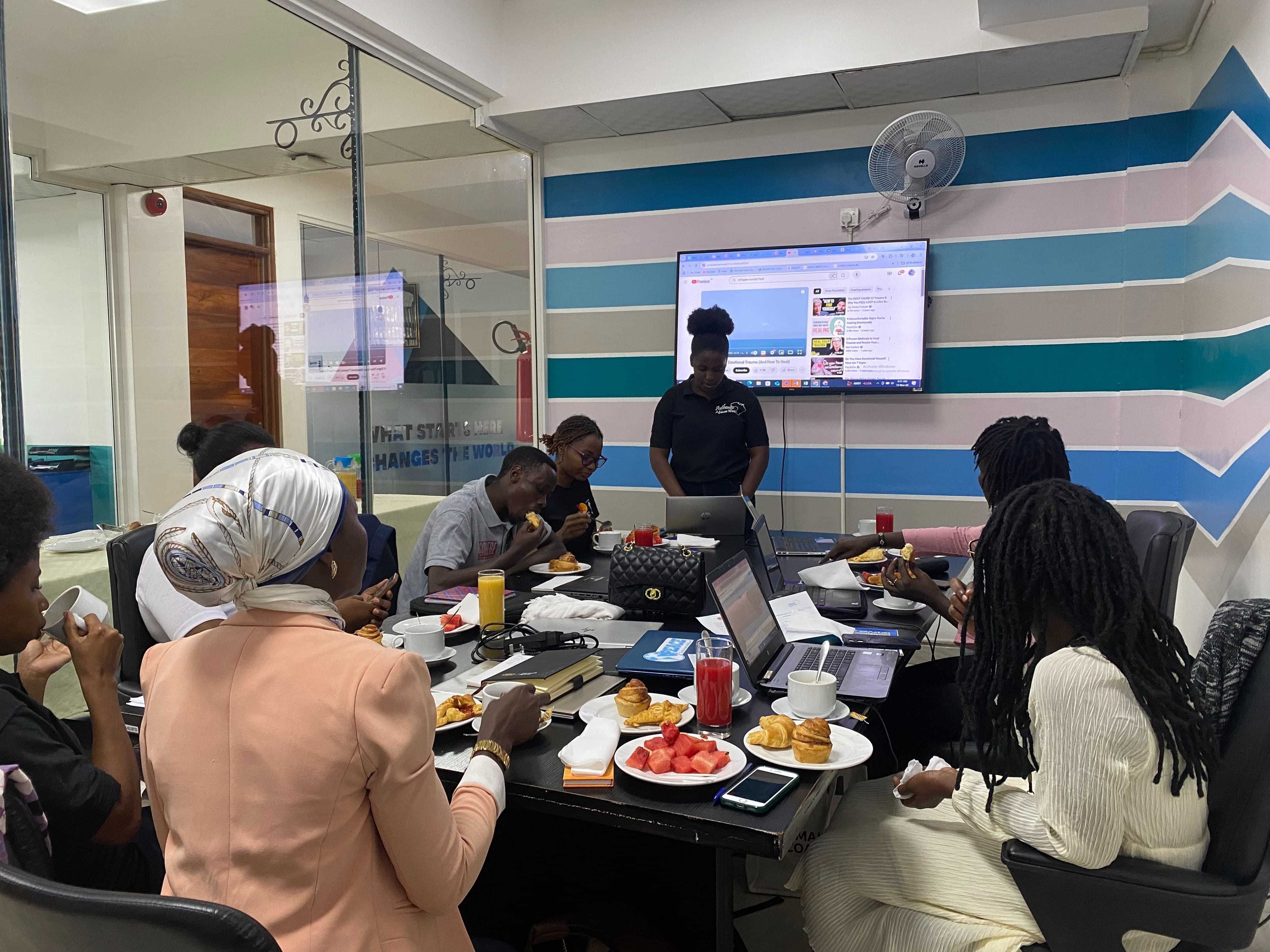
African Refugee Women Engagement Network
African Refugee Women Engagement Network (ARWEN) is a dynamic, women refugee-led consortium dedicated to empowering refugee women leaders and their initiatives across Africa. We provide a comprehensive platform for collaboration, capacity building and holistic support to refugee women-led initiatives, amplifying their voices and fostering resilience in the face of displacement and adversity. Through strategic partnerships, advocacy, and resource mobilization, ARWEN seeks to enhance the socio-economic empowerment of refugee women, promoting sustainable development and creating opportunities for leadership and growth. Our commitment to inclusivity and innovation ensures that refugee women have the tools and resources they need to thrive and make a lasting impact in their communities.
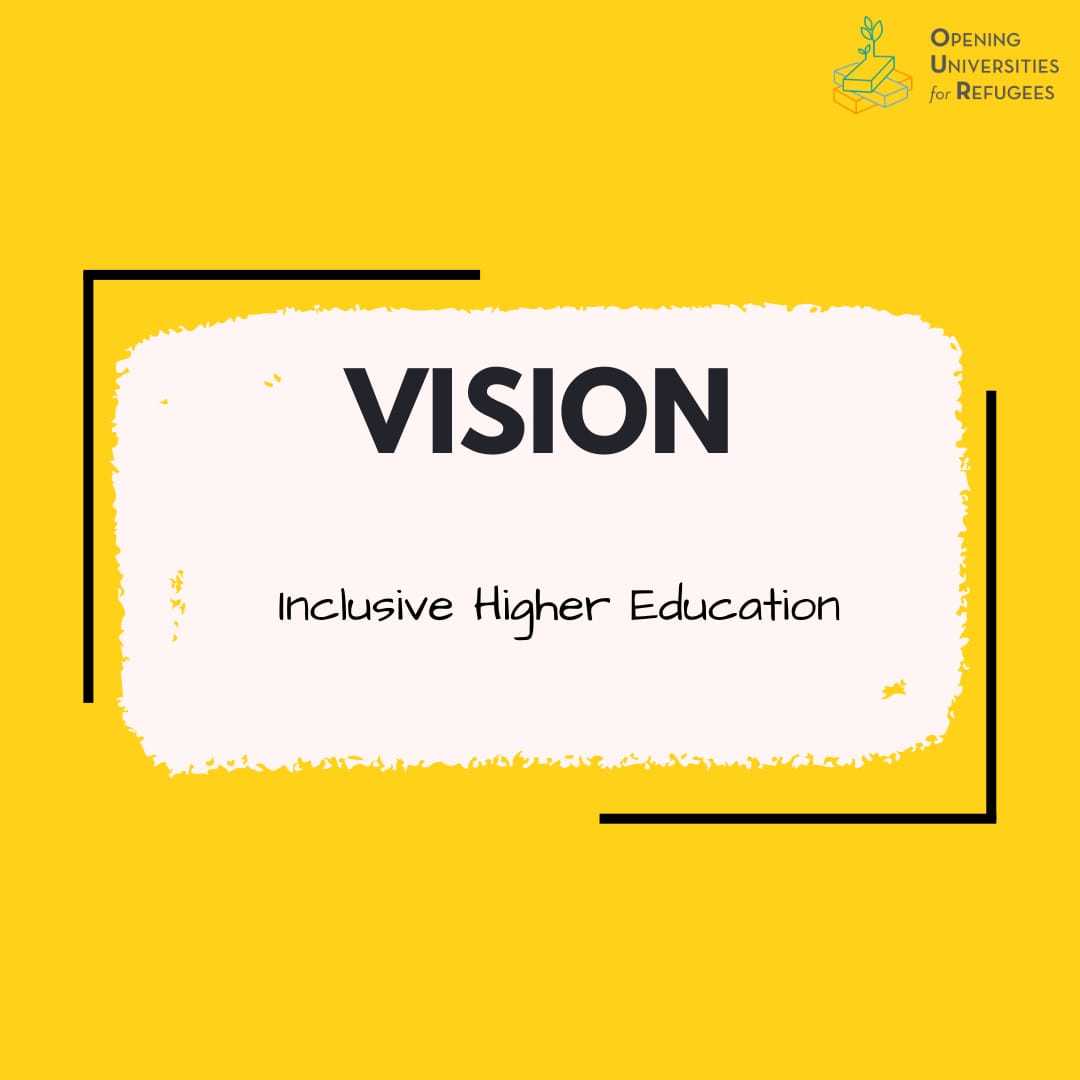
Opening Universities for Refugees
Opening Universities for Refugees (OUR) advocates for accessible and inclusive higher education opportunities for refugees. We convene strategic partners - governments, academic institutions, and community- and refugee-led organizations - to dismantle barriers to higher education and co-create innovative programs that empower refugee learners worldwide. OUR envisions a world where every refugee has equal access to higher education, empowering them to rebuild their lives, unlock their full potential and contribute to the betterment of their communities and the global society. OUR was founded as an independent regional initiative in Singapore in 2015. It was registered as an incorporated charity organization (ICO) in the UK from 2017 to 2020. OUR continued its activities as a program under the Centre for Asia and Pacific Refugee Studies (CARPS) at the University of Auckland from 2020 to 2022. It then operated as an LLC in the USA from 2022 to 2024. Currently, OUR functions as an independent global initiative.
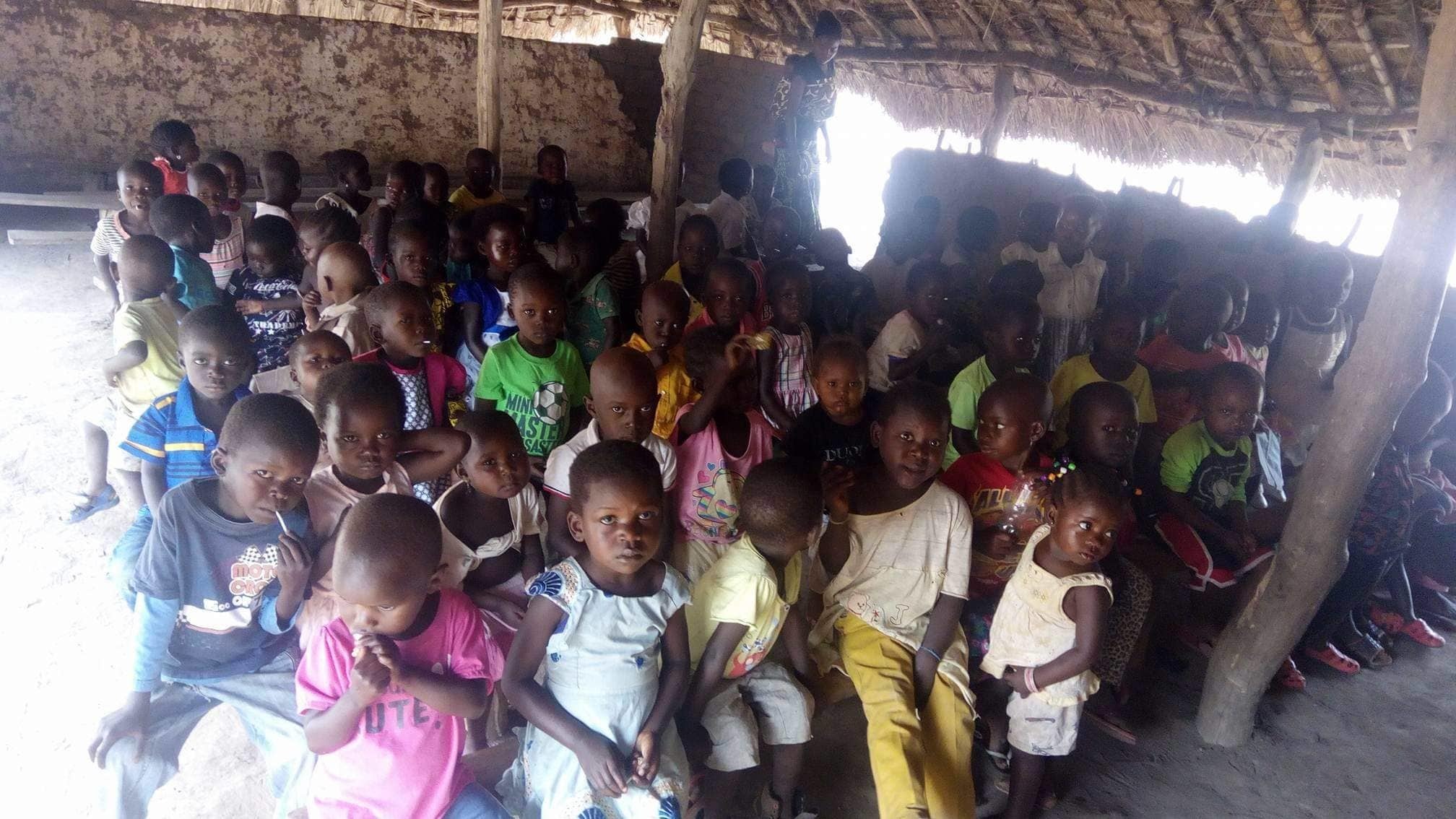
Youth Association for Peace and Development YAPD
Youth Association for Peace and Development (YAPD) is a registered non-profit, nongovernmental, development and Refugee led initiative organization dedicated to fighting poverty and injustices to reduce human suffering and enhances communities’ livelihoods YAPD is legally registered with the State ministry of humanitarian affairs under Relief and Rehabilitation Commission (RRC) in 2018. The registration number is 47 giving YAPD the legal status and humanitarian position to operate in any part of the Western Equatoria State. VISION STATEMENT Our vision is to seek a world of hope, tolerance and social justice, where poverty has been overcome and people live in dignity and security. MISSION “Is to inspire, empower and transform communities to move towards self-reliance through provision of social services and development assistance”

HISTORIAS EN KILOMETROS
HISTORIAS EN KILÓMETROS (Stories in Kilometers—HEK) is a community film laboratory with a social impact. Its mission is to train, produce, and disseminate films through work with diverse communities in the national and international territories. HEK's objective is to articulate cinema with the life and context of each local team to generate original audiovisual content created by responsible and sustainable production teams. HEK has four laboratory areas. The HEK training lab includes four on-site workshops and a year of weekly virtual sessions, free of charge. This process generates the knowledge to build sustainable, independent, socially responsible film production companies. The HEK production lab partners with training lab graduates to create new projects and explore innovative models for community cinema that engage mass audiences and foster community participation. The HEK diffusion lab's objective is for the communities to be the first audience of all audiovisual creations. HEK has taken giant screens to more than 15 communities worldwide to premiere audiovisual works. The HEK investigation lab researches the context in which HEK works, tailoring its methodology to the reality of each local team.

Humanitarian actions for Refugee communities development
Humanitarian Actions for Refugees Rural development (HARD) is a non-profit refugee led organization operating in Rhino camp-omugo zone and was established on 6 th November 2020 purposely to support women, youths and people with disability with deliverables services and skills to thrive and strengthen resilience. Besides HARD was registered with Terego district local government under the registration No 636/069 in 2023 and also registered with the office of the prime minster (OPM) Our mission statement Involvement and inclusion of vulnerable and marginalized individuals/ communities in proactive life sustaining services to empower their capacities to create state of resilience and independence among women, youths and persons with disabilities to thrive. Our vision statement An empowered community to promote self-reliant, trauma free community for sustainable development and peaceful living in sharing resources equitably. Our overall goal To promote peace, unity and development in the community by living non individual with vulnerability behind through inclusive service delivery for paving resilience and independence of people we serve. Specific goals/objectives To empower the communities/ individuals that are in tragedies state to live an independent and visionary community/individual. To enrich the communities with vulnerability through productive life sustaining products and service. To instill viable skills and knowledge to the community/individual that we serve for better decision making on productive and progressive action toward self-reliance. To ensure community/individuals are protected from abuses and they are able to afford service at no cost in the community and strengthen inclusion. To strengthen sustainability of the services rendered to the community/individual for future development. Slogan; strengthen sustainability Core values Participation and commitment. Integrity. Transparency and accountability. Impartiality. Safety and dignity. Protection
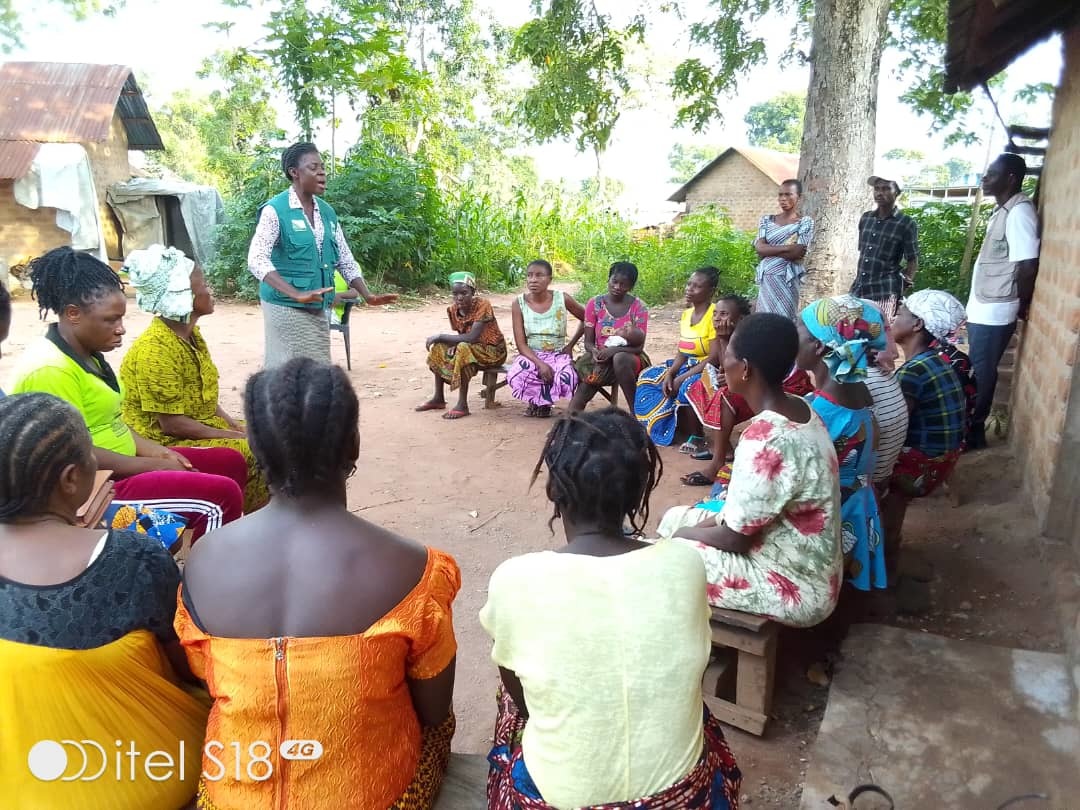
GEESI Development and Humanitarian Initiative
GEESI Development and Humanitarian Initiative formerly known as Great Step Initiative, it is a non profit Refugees Led Organization to providing help to refugees and host community members in Cross River and Taraba through relief support and sustainable empowerment. Our headquarter is in Adagom 1 Refugee settlement Ogoja Local Government Area Cross River state. Our activities are centered on mental health and psychosocial support, Gender Based Violence, Child Protection and Preventive health ( promotion of sanitation among the refugees and the host communities). To create positive and personal difference in the lives of refugees and host community members. Enabling them to achieve productive sustainable livelihood and empowered to be self sufficient to contribute positively to the society. Ensure poverty alleviation through sustainable empowerment and self reliance in skill acquisition, positive attitude and basic necessities to meet their immediate needs.
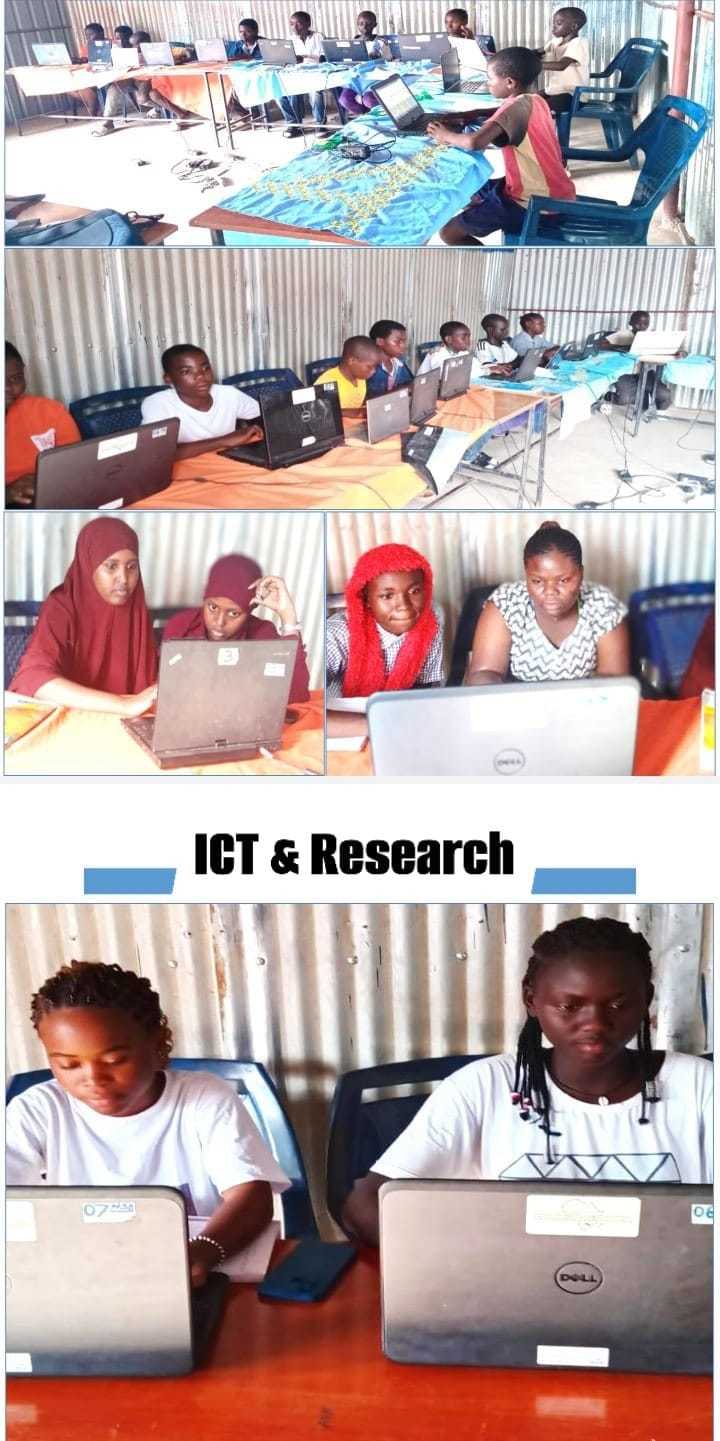
Human Shine Dream
Human Shine Dream (HSD) is a remarkable Refugee-led Organization founded in 2019 by a group of Refugee youths in the western part of Kenya, specifically in Turkana County, within the Kakuma Refugee Camp. HSD is committed to advancing the holistic development of children and youths, equipping them with Education, Livelihood, and Digital Skills. Through our dedicated efforts, we prepare them for active participation in the global community and employment opportunities, fostering a brighter, inclusive future. Our organization has successfully implemented several impactful projects, each designed to address specific needs and create lasting positive change within the community. HSD remains committed to equipping individuals of all ages with Education, Livelihood and Digital Skills, fostering their empowerment in the contemporary landscape. Our track record is marked by the implementation of impactful projects, strategically tailored to meet distinct community needs, thereby fostering enduring and constructive transformations.
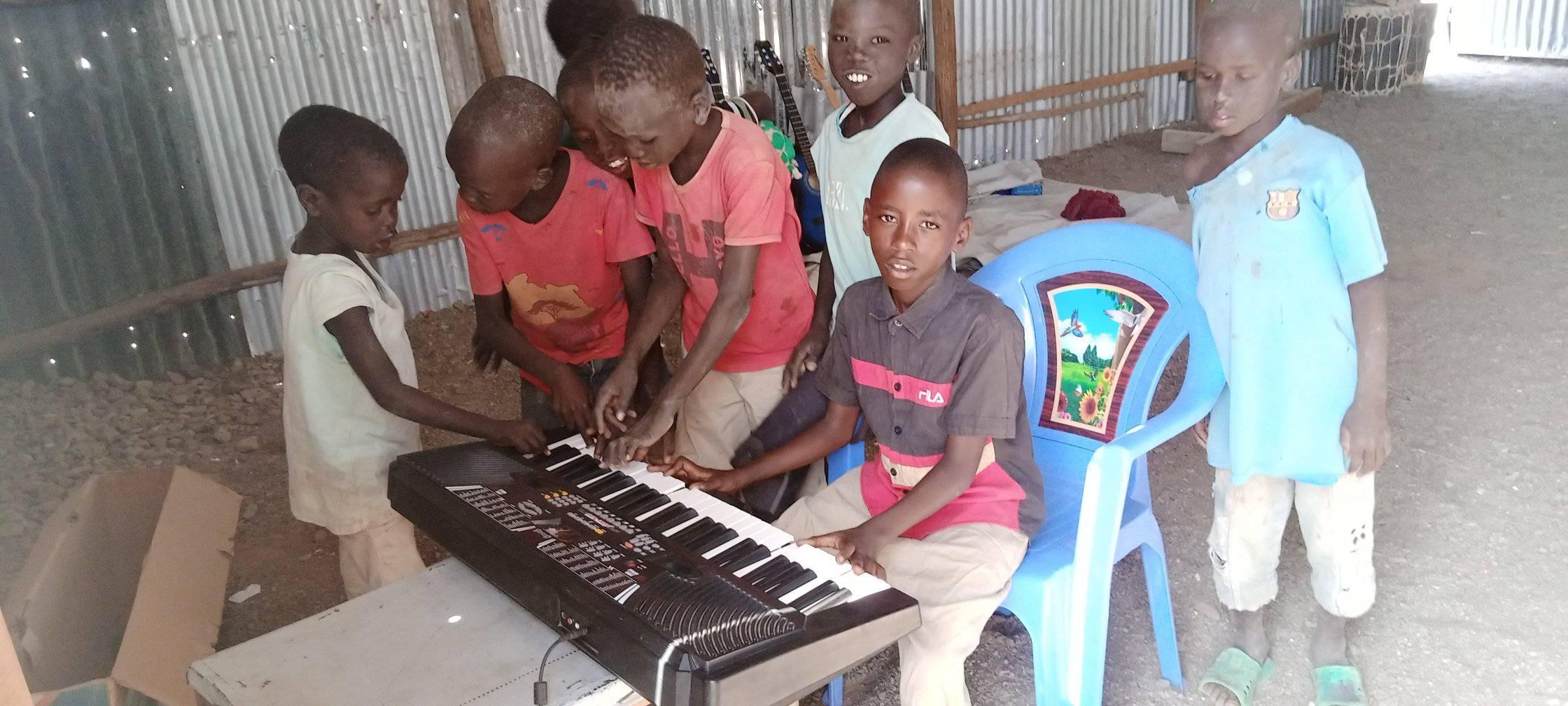
VISION ART AND MUSIC FOR YOUTH-VAMY
STRONG UNITY FOR REFUGEE EMPOWERMENT-SURE is a previously known as VISION ART AND MUSIC FOR YOUTH is a remarkable registered Refugee-led community based organization that was founded by a group of refugee youths on 2018, In the western part of Kenya Turkana county, specifically in the Kakuma Refugee Camp . the organization is committed to advancing the holistic development of children and youths, Through our dedicated efforts, we prepare them for active participation in the global community .this organization has successfully implemented several impactful projects, each designed to address specific needs and create lasting positive change within the community. The organization remains committed to equipping individuals of all ages with Education, food security, climate change and Digital Skills, fostering their empowerment in the contemporary landscape. Our track record is marked by the implementation of impactful projects, strategically tailored to meet distinct community needs, thereby fostering enduring and constructive transformations SURE works to support childhood education,and to train the youths on playing Musical instruments, cultural to enhance their talents and improve their lives standards. To meet our desire of continuing serving displaced people from different background into programs for them to become economically self- sufficient. We also dealing with , psycho-social intervention, Art, Creativity, vocational trainings . Aimed at providing strategies that help them develop the emotional, social and cognitive skills needed to become lifelong learners and improve their living standard.

CEBUNA
COMMUNITY OF ENGAGED BENEVOLENTS FOR UBUNTU OF NAKIVALE (CEBUNA) known as former Communauté Estudiantine Burundaise de Nakivale, we are dedicated to the improvement of life standard of Refugees, Host communities, children, women in particular and works alongside Nakivale youth and adolescents, whatever the context offering them assistance and supporting them in their efforts to become self reliant with commitment to excellence. We strive to create a foundation of hope and resilience by addressing the interconnected challenges of education, livelihood support, self-reliance to mitigate dependency on aid and develop harmonious coexistence within refugees and host communities. With focus on Childcare, Livelihood and Education, we take an active role and contribute in the sustainable development of Nakivale refugee settlement by Uplifting our fellow refugees and host community members.
Collective Change
Support RLOs leading change in their communities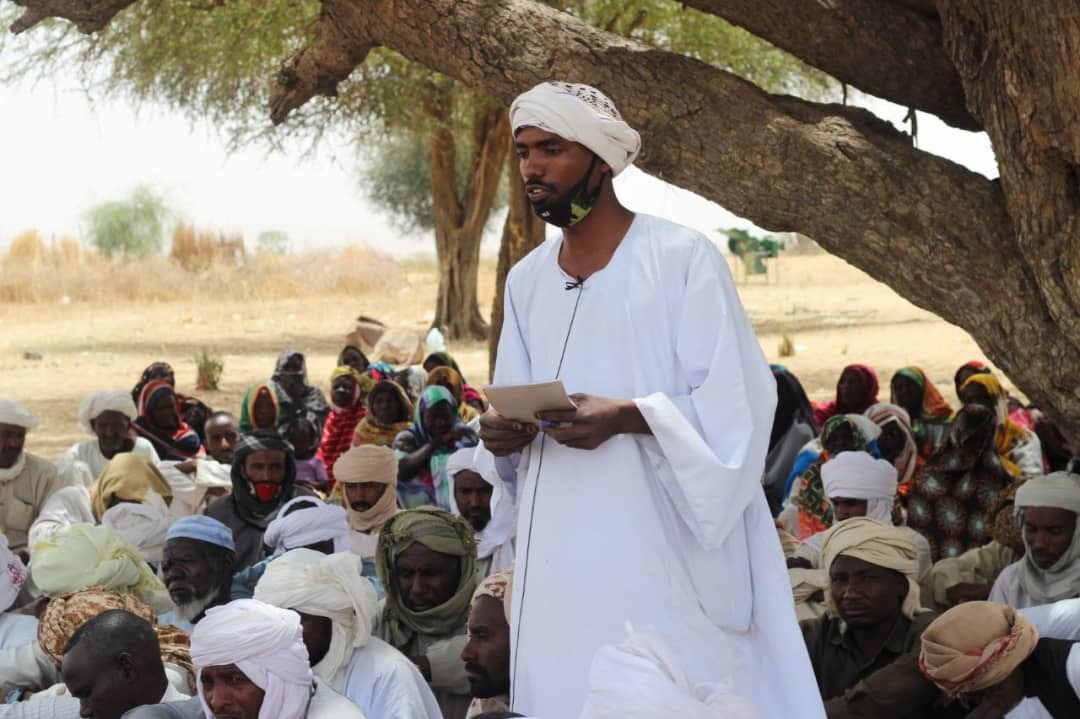
Sudan Campaign
Over 8.1 million people have been forcibly displaced by the Sudan conflict. HRRDS, ICSS, RoG & RIWA are at the forefront of responding to the crisis and urgently need flexible funding to adequately respond to the emergency, ensure effective response, and support the most vulnerable populations in both Sudan and South Sudan. Your contribution can help these local organizations deliver life-saving aid and long-term solutions amidst the crisis.
Raised: £ 46,613
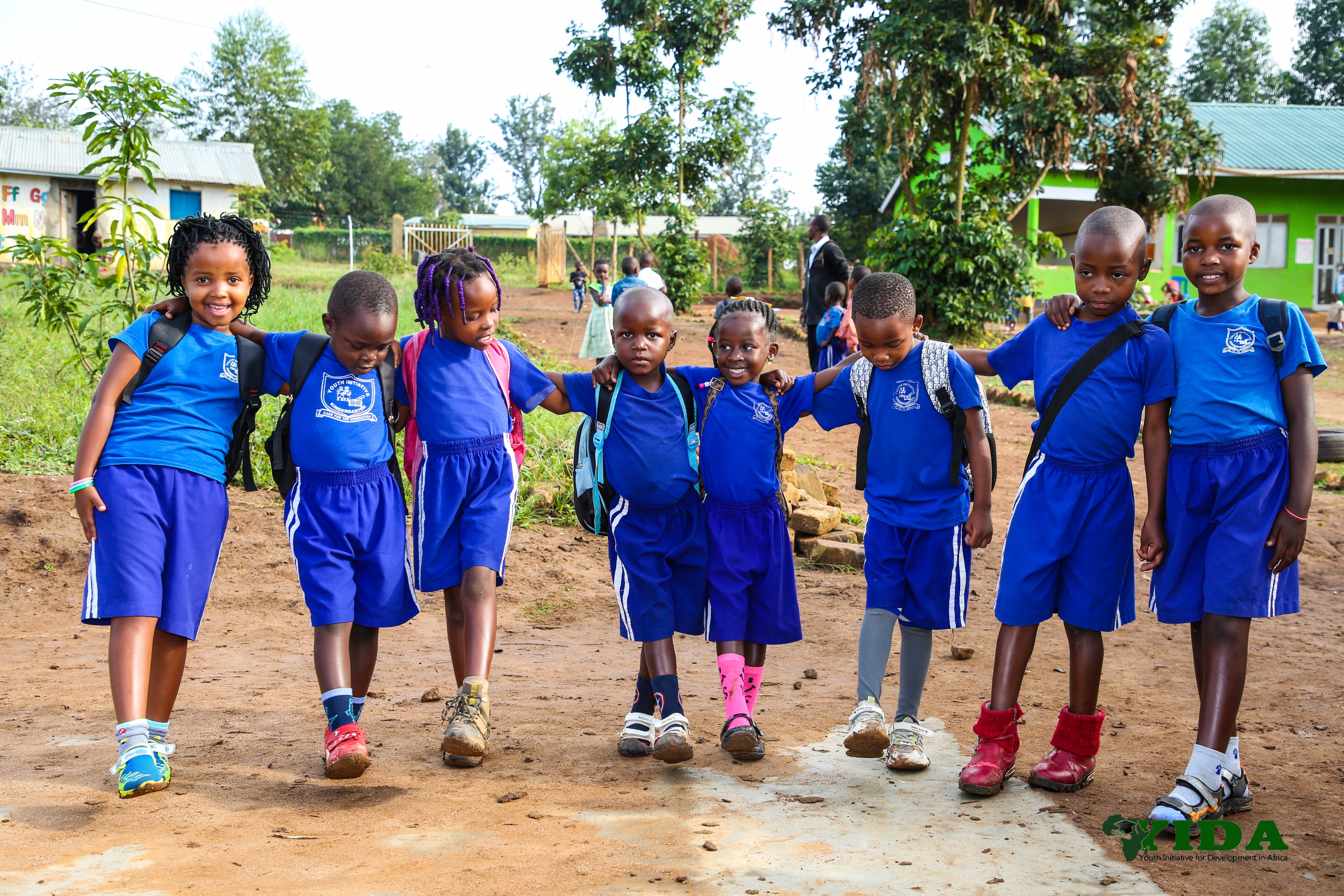
Basic Education
Five refugee-led organisations (RLOs) are transforming their communities by delivering formal education initiatives to refugee children. The schools run by the RLOs, are providing over 2,071 children with unique and quality education opportunities that can help them build better futures. At a global level, UNHCR estimate that half of the 3.5 million refugee children of primary school age do not go to school. This can have severe developmental and psychosocial impact on these young people on top of their experiences of being forcibly displaced. Formal education systems in refugee-hosting countries often cannot meet the demands, as well as there being multiple barriers for refugees enrolling in schools. RLOs are playing a vital role in closing these gaps, however their expertise in delivering formal education is not always formally recognised. Refugee-led organisations are working to ensure that the next generation of children can build better futures for themselves. They want to build more classrooms, ensure teachers are trained properly, and ensure that children can access learning in safe spaces that nurture and protect them. These organisations are coming together despite these challenges to serve their communities meaningfully. Find out more about the progress they’ve made below and read their stories of collective change. The more support they receive, the more they will be able to improve the quality of the learning experience and enroll more children in their schools. Be part of the change and donate today.
Raised: £ 34,169

DR Congo War Emergency Campaign
UPDATE 4TH MARCH 2025: Due to the kind support of donors we have been able to send the funds raised so far to Fountain of Hope in Bukavu and Goma. The team there have been able to use the funds to support children from the destroyed displacement camp outside Goma with basic provisions and shelter. The humanitarian crisis in the Democratic Republic of Congo (DRC) is escalating rapidly, with intense fighting between M23 rebels and government forces in the East of the country. The violence has left many dead and injured, while displacement, food insecurity, and infrastructure breakdowns worsen the suffering of civilians. Hundreds of casualties: The United Nations estimates that approximately 7,000 people have been killed in the region since January, with a significant number of civilians among the deceased. A healthcare emergency: Hospitals in Goma are overwhelmed, facing severe shortages of medical supplies and staff. Mass displacement: Over 700,000 people have fled their homes since January, adding to the millions already displaced in eastern DRC. Food insecurity: Blocked roads and resource shortages have left families struggling to access basic nutrition. Humanitarian access restricted: Key roads and Goma’s airport are unusable, hampering relief efforts. How Your Support Helps Local Refugee-Led Organisations (RLOs) are leading the response despite limited resources. Cohere through Reframe, is partnering with these organisations to deliver critical support. Your donation will enable: Basic Provisions: Ensuring food distributions for families facing acute hunger. Safe Shelter: Providing secure spaces for displaced women, children, and vulnerable groups. Strengthened Local Response: Enabling local organisations to adapt swiftly to on-the-ground needs. Why Local Organisations RLOs bring trusted relationships and local expertise, ensuring aid reaches those who need it most. Flexible funding empowers them to respond effectively to this rapidly evolving crisis. Cohere has worked with the RLOs listed above for several years and established trusting relationships with local leaders. Take Action Today Donate now to the DR Congo Emergency Response Campaign via the Reframe platform by clicking on the Donate button above. All donations will go straight to local organisations on the frontline of this crisis. Share this campaign to help amplify the call for urgent action.
Raised: £ 400
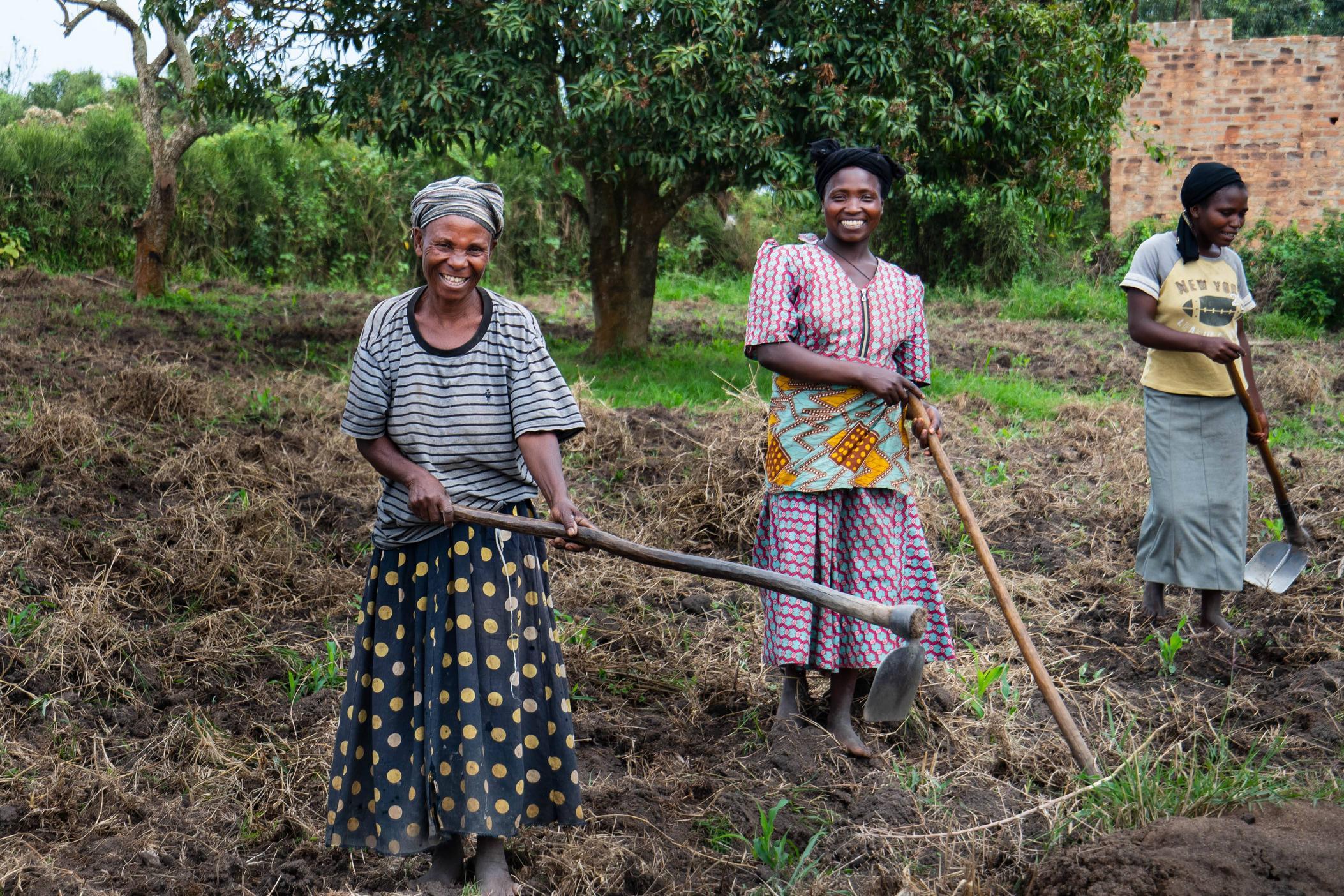
Climate Resilience
Seven refugee-led organisations (RLOs) in Kenya, Zimbabwe and Uganda are working together to address issues around climate change that affect their communities and promoting climate smart agricultural livelihood opportunities for their communities.As part of the collective, RLOs share knowledge, skills, experiences and best practices as they aim to build resilience and sustain and develop prosperity in communities under constraints brought about by climate change harshness. Refugee settlements like Kakuma refugee camp in Kenya, Tongogara Refugee Settlement in Zimbabwe, Kyaka II refugee settlement in Kyegegwa, Uganda among other refugee hosting areas in African countries often lack adequate infrastructure to withstand extreme weather events. This makes them highly susceptible to damage from floods, storms, and heatwaves, putting lives at risk and exacerbating already poor living conditions. In a nutshell, refugees are particularly vulnerable to the impacts of climate change due to their pre-existing challenges related to displacement, lack of resources, and precarious living conditions. A number of these communities sit on the frontline of climate vulnerable regions, their resilience and capacity respond is critical for today and the future.
Raised: £ 225

Women for Women
This collective consists of seven refugee-led organisations (RLOs) across East Africa working together to close the empowerment gap that prevents refugee women from accessing opportunities to transform their education, health, and livelihoods. Within the collective, women-led RLOs exchange knowledge, skills, experiences, and best practices to support refugee women, girls, and their host communities in improving health, mental well-being, economic stability, and leadership skills. This collaborative approach strengthens resilience and promotes women’s empowerment. These organisations enable refugee women and girls to drive lasting change, advancing resilience, economic security, and community leadership across refugee communities. To date, they have supported over 10,000 women.
Raised: £ 2
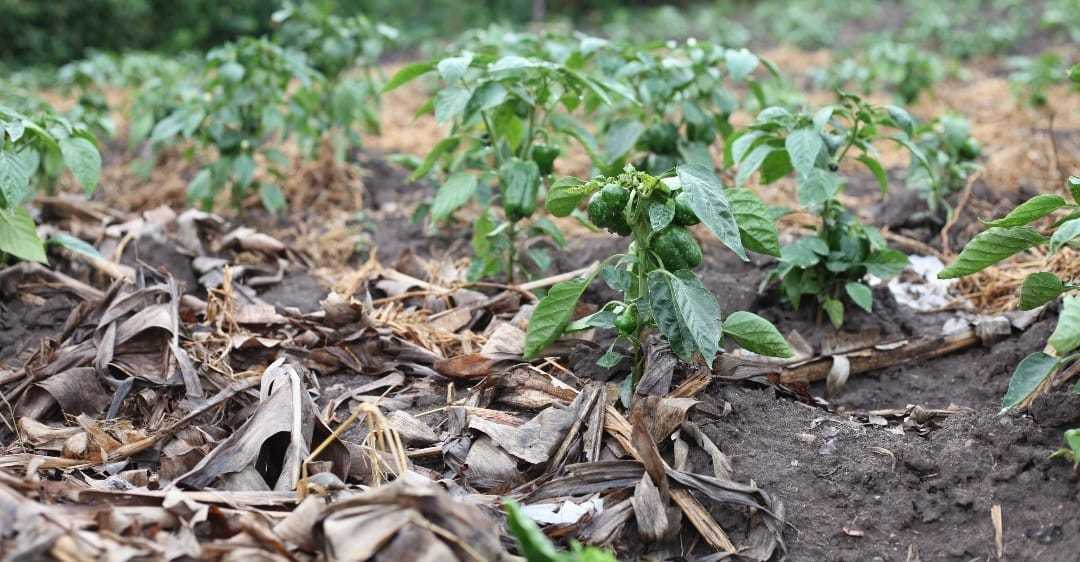
Sustainable Agriculture
Seventeen refugee-led organisations (RLOs) are empowering over 10,000 small-scale refugee farmers in Uganda, Kenya, and Malawi, annually, by promoting indigenous regenerative agricultural practices such as maintaining soil cover, crop diversity, minimal soil disturbance, and integrated crop-livestock farming. Unlike unsustainable aid-dependent interventions, this approach fosters long-term self-reliance and food security. In 2023, the UN World Food Programme’s funding shortfall of over 60% led to food ration cuts from 70% to 30%, pushing approximately 1.6 million refugees into emergency hunger. Recognizing the need for sustainable solutions, these organisations are tackling food insecurity, poverty, and hunger, helping refugee families achieve self-reliance and economic inclusion. Every donation supports this vital mission, impacting thousands of lives.
Raised: £ 0

Digital Economies
Gaining employment as a refugee is harder than for a national. Refugees face discrimination both in entering the job market and in the monthly salary they receive once entering the job market. Barriers to refugee livelihoods lead to extreme poverty and long-term negative life outcomes. For example, the levels of poverty faced by households in Kakuma in northern Kenya can be illustrated in the behavior of 43% of families who employ immediately harmful coping mechanisms such as spending entire days without eating. However, there are opportunities for refugees to engage in and contribute to local and international economic growth. With the right skills, investments, and networks, refugees are playing a key role in local and international value chains. With improving connectivity and market linkages refugees all over the world are engaging in remote work and generating income online. These refugee-led organizations (RLOs) are collectively empowering youth with digital skills and connecting them with digital employment opportunities thus significantly contributing to their sustainable livelihoods. Facilities improvement, tapping into better internet connectivity, and procuring more and better computers are some of the urgent needs that these RLOs can address with additional funding. We invite donors and other partners to support them with funding of any amount.
Raised: £ 0
Latest news & articles directly from our blog
Feb 20, 2025
YIDA Youth Initiative (YIDA) is a refugee-led and youth-led charitable NGO formed to promote sustainable living among refugees by providing quality education and financial inclusion, primarily targeting youth and children in the Kyaka II refugee settlement. YIDA offers early childhood education and primary education to refugee children and those in host communities through school construction and teacher training. Additionally, YIDA provides soft skills training to entrepreneurial refugees and offers startup capital within the refugee settlement and host communities to foster business development, thereby creating employment opportunities. Since 2014, YIDA has been educating refugee children, focusing on Early Childhood Education (ECD) and lower primary levels. Annually, YIDA educates over 900 refugee children, providing hot meals as the only primary ECD institution in the refugee community that offers meals to learners. YIDA operates two schools in the Kyaka II refugee settlement: Youth Initiative Kindergarten (ECD) and Youth Initiative Primary School. In response to the increasing demand for education and emerging technologies, YIDA has adopted technology as a methodology for delivering quality education. In 2024, YIDA partnered with Learning Equality to implement Kolibri, a tablet-based learning program supporting access to numeracy and literacy lessons. Kolibri is an offline platform that can be accessed without internet data, making it suitable for YIDA schools located in remote areas with limited internet and power access. While the program provides an opportunity for AI access to learners, it is not without challenges. For example, each child at Youth Initiative Primary School is expected to have a tablet, which is costly. How AI Can Be Used at YIDA Schools As YIDA strives to provide quality education, embracing AI technology is essential, as it has been proven to enhance educational delivery. Personalized Learning AI systems analyze individual student performance to tailor educational content according to their unique learning styles and paces. For instance, platforms like DreamBox and Smart Sparrow adapt lessons in real-time, allowing students to master concepts at their own speed (Owoyemi & Owoyemi, 2024). This personalized approach not only boosts confidence but also helps identify areas where students need improvement. Administrative Efficiency Teachers benefit from AI through the automation of grading and scheduling, significantly reducing their workload. Tools such as Gradescope provide consistent grading for assignments, enabling educators to focus more on teaching rather than administrative tasks (Owoyemi & Owoyemi, 2024). Engaging Learning Experiences AI enhances classroom engagement by integrating gamified content and interactive learning tools. Programs like Kahoot! utilize AI to create adaptive quizzes that respond to student input, making learning more dynamic and enjoyable (Owoyemi & Owoyemi, 2024). Moreover, initiatives like the MIT Media Lab's curriculum introduce children to AI concepts through hands-on activities, fostering an early understanding of technology (Owoyemi & Owoyemi, 2024). As AI continues to evolve, its role in primary education is expected to expand, promoting both digital literacy and critical thinking skills among young learners. Early Detection of Learning Disabilities AI can assist in the early detection of learning disabilities by analyzing data from children's activities to identify patterns that may indicate issues such as dyslexia or dyscalculia. Tools like Lexplore use AI and eye-tracking technology to detect reading difficulties early, allowing for timely intervention (JetLearn, 2025). Support for Teachers AI reduces the administrative burden on teachers, enabling them to focus more on direct educational interactions with students. It automates tasks such as grading, report generation, and lesson planning, streamlining workflow and decreasing teacher burnout. This allows educators to dedicate more time to engaging with their students and providing individualized support (Teachflow, 2023). Inclusive Learning Environments AI fosters inclusive learning environments by accommodating diverse learning needs, including those of children with disabilities. Customized learning aids can help ensure that all children have equitable access to education, addressing various challenges they may face (HeyCoach, 2024). Challenges Expected While Embracing AI in YIDA Schools The integration of Artificial Intelligence (AI) in educational settings, particularly at Youth Initiative Primary School and Youth Initiative Kindergarten (YIDA schools), presents numerous opportunities for enhancing teaching and learning. AI can significantly assist teachers in lesson planning, support inclusive education, and facilitate the early detection of learning disabilities. However, several challenges must be addressed to fully realize these benefits. High Costs of Accessing AI Tools: One of the primary challenges is the high cost associated with accessing AI tools. Implementing AI technologies often requires substantial financial investment in software, hardware, and training. These costs can be prohibitive for many educational institutions, particularly those operating on limited budgets. As a result, schools may struggle to provide equitable access to advanced educational tools, potentially widening the gap between students who have access to these resources and those who do not (Mendoza, 2025). Network Issues: Another significant hurdle is network connectivity. Reliable internet access is crucial for the effective implementation of AI in classrooms. In many regions, including areas served by YIDA schools, inconsistent or inadequate internet connectivity can hinder the use of AI tools. This limitation not only affects the ability to deliver lessons effectively but also impacts students' engagement and learning outcomes (Open Access Government, 2025). Additional Challenges Teacher Training: A lack of adequate training for educators on how to effectively integrate AI into their teaching practices can limit the technology's potential benefits (British Council, 2024). Ethical Concerns: Issues such as data privacy, algorithmic bias, and over-reliance on technology pose ethical dilemmas that need careful consideration (eSchool News, 2024). Student Engagement: While AI has the potential to personalize learning experiences, there is a risk that students may become overly dependent on technology for answers, which could undermine their critical thinking skills (Illinois College of Education, 2024). In conclusion While AI holds great promise for enhancing educational experiences at YIDA schools through improved lesson planning and support for inclusive education, addressing the associated challenges—such as high costs and network issues—is essential for successful implementation. References Owoyemi, A., & Owoyemi, J. (2024). Artificial Intelligence (AI) for Sustainable Youth Development. Retrieved from https://www.changesforhumanity.org/projects/yida HeyCoach. (2024). AI for identifying learning disabilities early. Retrieved from https://blog.heycoach.in/ai-for-identifying-learning-disabilities-early/ JetLearn. (2025). How AI can help identify and support learning disabilities. Retrieved from https://www.jetlearn.com/blog/how-ai-can-help-learning-disabilities Teachflow. (2023). The role of AI in addressing learning disabilities. Retrieved from https://teachflow.ai/the-role-of-ai-in-addressing-learning-disabilities/ British Council. (2024). AI in education: how to navigate the opportunities and challenges. Retrieved from https://internationalschools.britishcouncil.org/blog/ai-in-education-how-to-navigate-the-opportunities-and-challenges eSchool News. (2024). 5 obstacles AI can help schools overcome. Retrieved from https://www.eschoolnews.com/digital-learning/2024/04/16/5-obstacles-ai-can-help-schools-overcome/ Illinois College of Education. (2024). AI in Schools: Pros and Cons. Retrieved from https://education.illinois.edu/about/news-events/news/article/2024/10/24/ai-in-schools--pros-and-cons Mendoza, A. (2025). Embracing AI in Education: Tackling the Challenges. LinkedIn. Retrieved from https://www.linkedin.com/pulse/embracing-ai-education-tackling-challenges-alfonso-mendoza-jr-m-ed--uabqc Open Access Government. (2025). Navigating the future of AI in schools: Transforming challenges into opportunities. Retrieved from https://www.openaccessgovernment.org/navigating-the-future-of-ai-in-schools-transforming-challenges-into-opportunities/187808/
Feb 14, 2025
Introduction At Fountain of Hope School, we are pioneering innovative approaches to education byintegrating cutting-edge technology across all levels of learning from Kindergarten through Secondary School. Our commitment to digital transformation is reshaping how our students learn, engage, and prepare for the future. Digital Foundations: The Tablet Program In partnership with different partners, we've implemented a comprehensive tablet program that's revolutionizing early education. This initiative, focusing on students from Kindergarten 3 to Standard 4, leverages offline-capable application to enhance fundamental skills: Literacy Development: Students engage with interactive content that strengthens reading and writing capabilities Numeracy Skills: The program offers personalized mathematics instruction, ensuring each student progresses at their optimal pace Offline Accessibility: The application's offline functionality ensures consistent learning opportunities regardless of internet connectivity Program Impact by the Numbers Our tablet program has reached an impressive 922 students across different communities: 572 Fountain of Hope School students (from Kindergarten 3 to Standard 4) 110 students at Lilambwe, our partner community school 240 out-of-school children who previously had no access to education due to overcrowded public schools and financial constraints Advancing into AI: The Next Frontier Building on our digital foundation, we're excited to announce our latest partnership, bringing artificial intelligence into our classrooms. This cutting-edge program currently benefits 440 students from Standard 5 through Form 1, representing our commitment to preparing students for an AI-driven future. Key Features of Our AI Integration: Personalized learning paths tailored to each student's progress Advanced problem-solving Real-world application of technology skills Enhanced critical thinking development Back to School: Breaking Barriers in Eastern Congo In Bukavu, Eastern Democratic Republic of Congo, we've pioneered an innovative educational initiative called the Back to School program. This transformative program: Targets students aged 12-18 who have been out of the educational system Offers a condensed 6-year curriculum covering both primary and secondary education Prepares students for the Form 4 Congo national examination Has achieved remarkable success, with multiple students progressing to university education Celebrated its first university graduate last year Success Story Our first university graduate from the Back to School program stands as a testament to the transformative power of education and the importance of creating alternative pathways for learning. This achievement demonstrates how innovative educational approaches can break the cycle of educational disadvantage and create new opportunities for young people in challenging circumstances. Our Educational Ecosystem Fountain of Hope School's comprehensive approach spans three key divisions: Kindergarten: Building early digital literacy through age-appropriate technology Primary School: Blending traditional learning with tablet-based instruction Secondary School: Advanced technology integration with AI-powered learning tools Impact and Future Outlook The implementation of these technology programs has shown promising results in student engagement and academic performance. As we continue to evolve our educational approach, we remain committed to: Maintaining a balance between traditional teaching methods and technological innovation Ensuring equitable access to digital learning tools Preparing our students for success in an increasingly digital world Expanding our reach to support more out-of-school children and vulnerable communities Conclusion At Fountain of Hope School, we believe that the integration of technology, from tablets to AI, isn't just about keeping pace with the times - it's about creating an educational environment where every student can thrive. Through our partnerships with IMAGINE WORLDWIDE, ONEBILLION, and 2h Learning, and our innovative programs like Back to School, we're building a model for 21st-century education that not only shapes the future of learning but also transforms lives and communities.
Opportunities
2024-11-26
2024-09-10
100% OF YOUR DONATION GETS TO THE FRONTLINE
.jpg)
About Reframe
We want to Reframe the global humanitarian system and are committed to do things differently. We want to build a community of refugee leaders who are ready to respond to the world's biggest crises by leading change and delivering their own solutions.
What We Do
Reframe aims to be a solution to multiple challenges refugee-led organisations (RLOs) worldwide are facing.
Through Reframe we want to increase direct funding, raise awareness, build networks and strengthen coordination between RLOs, International Non-Governmental Organizations (INGOs), donors and institutional bodies.
MAKE A DIFFERENCE ALL YEAR LONG
Newsfeed
I CAN South Sudan
Follow up assessment of children with disabilities by 3 stars in Barakala(host community)
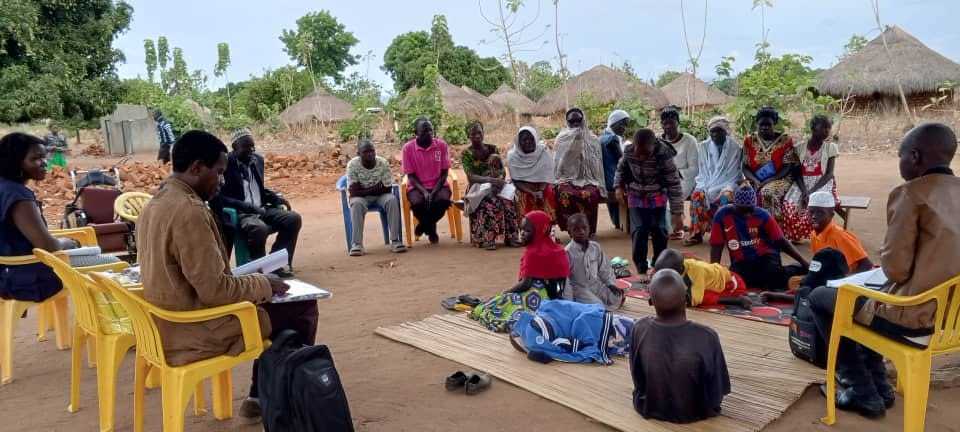
12:24 pm · Mar 20, 2025
0
1






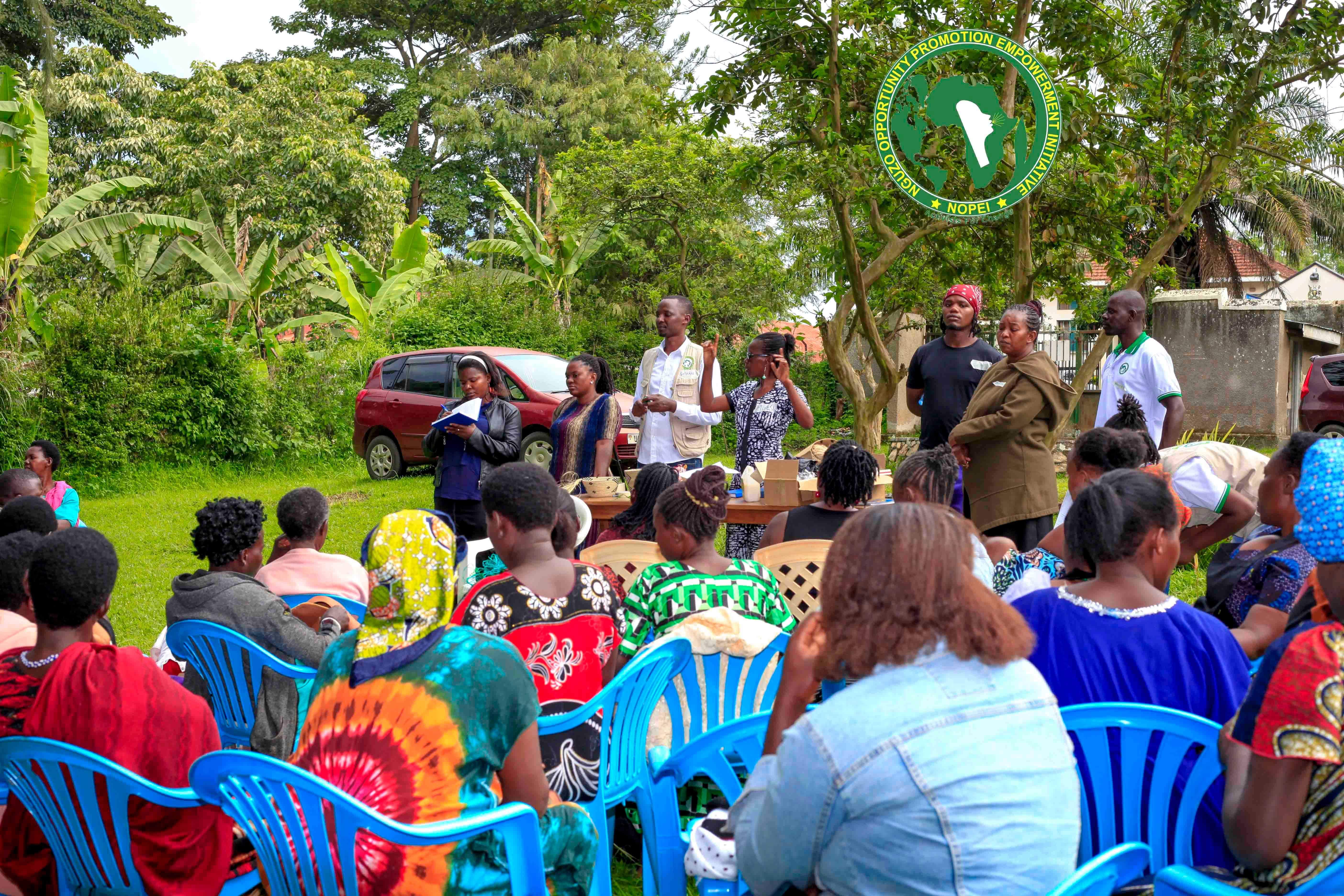
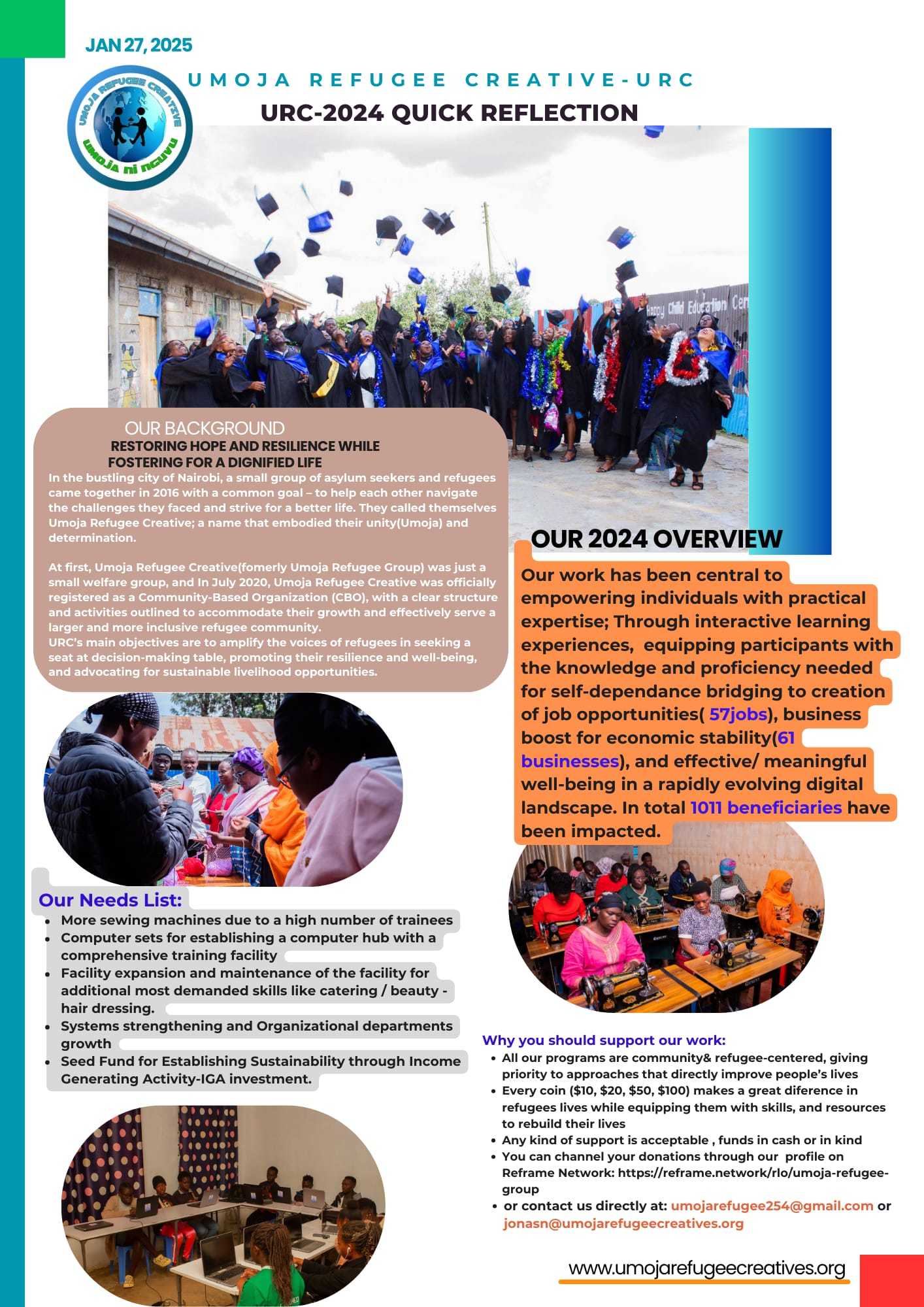

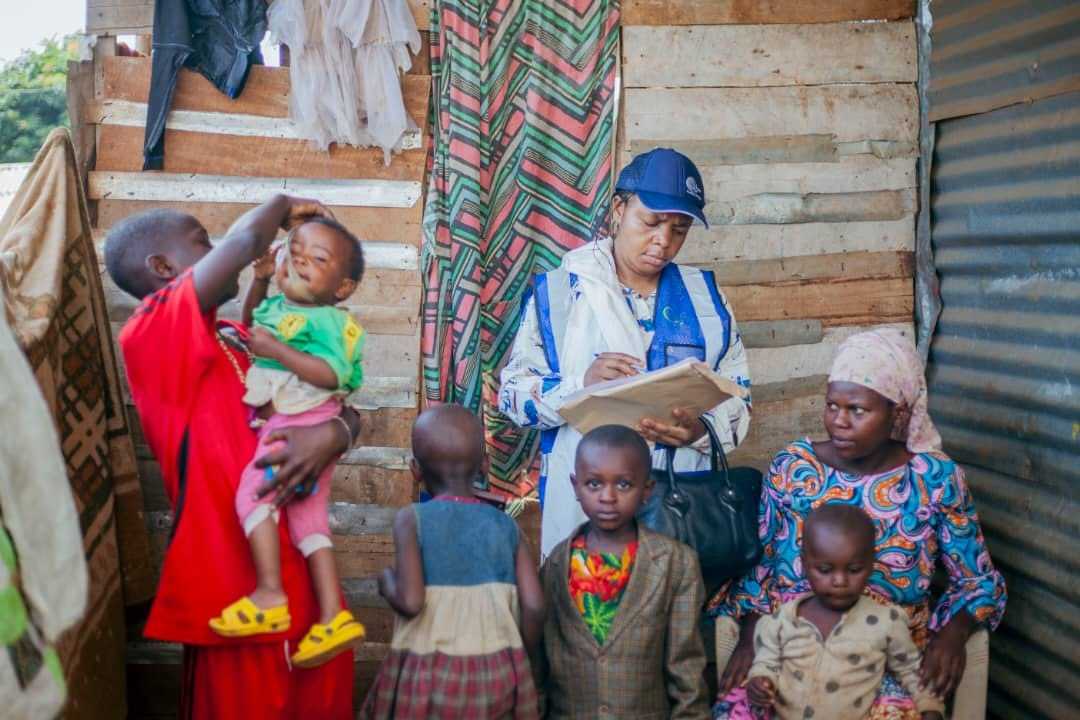
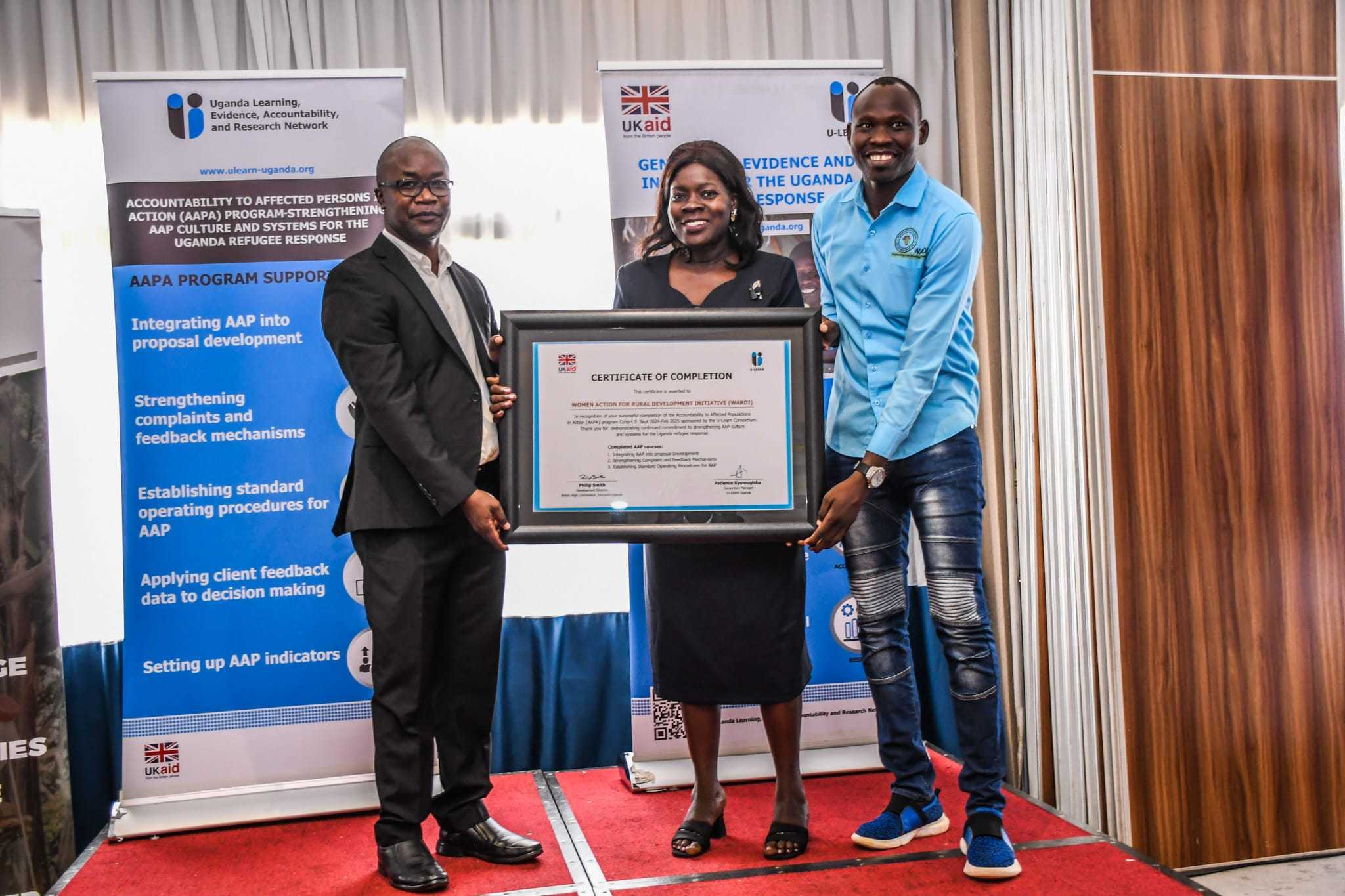

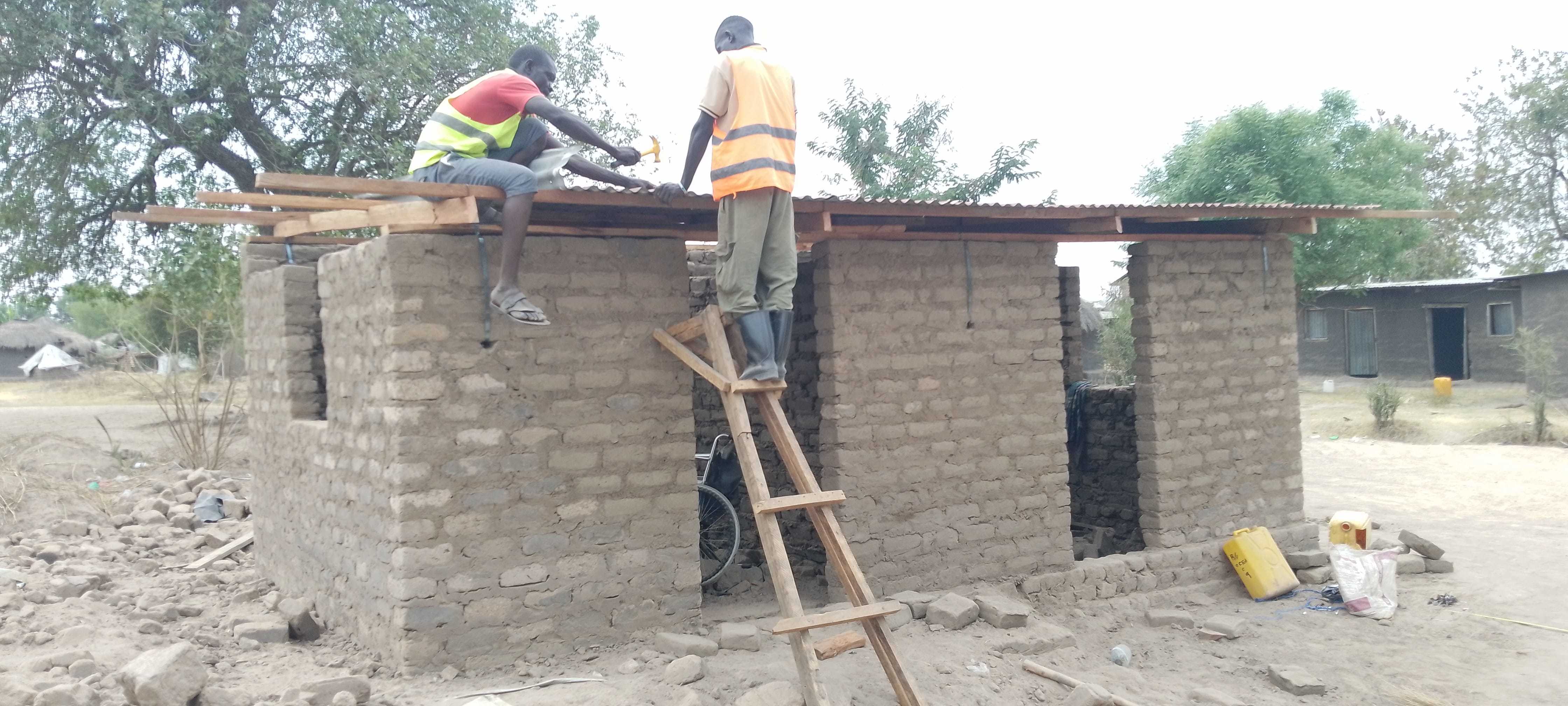
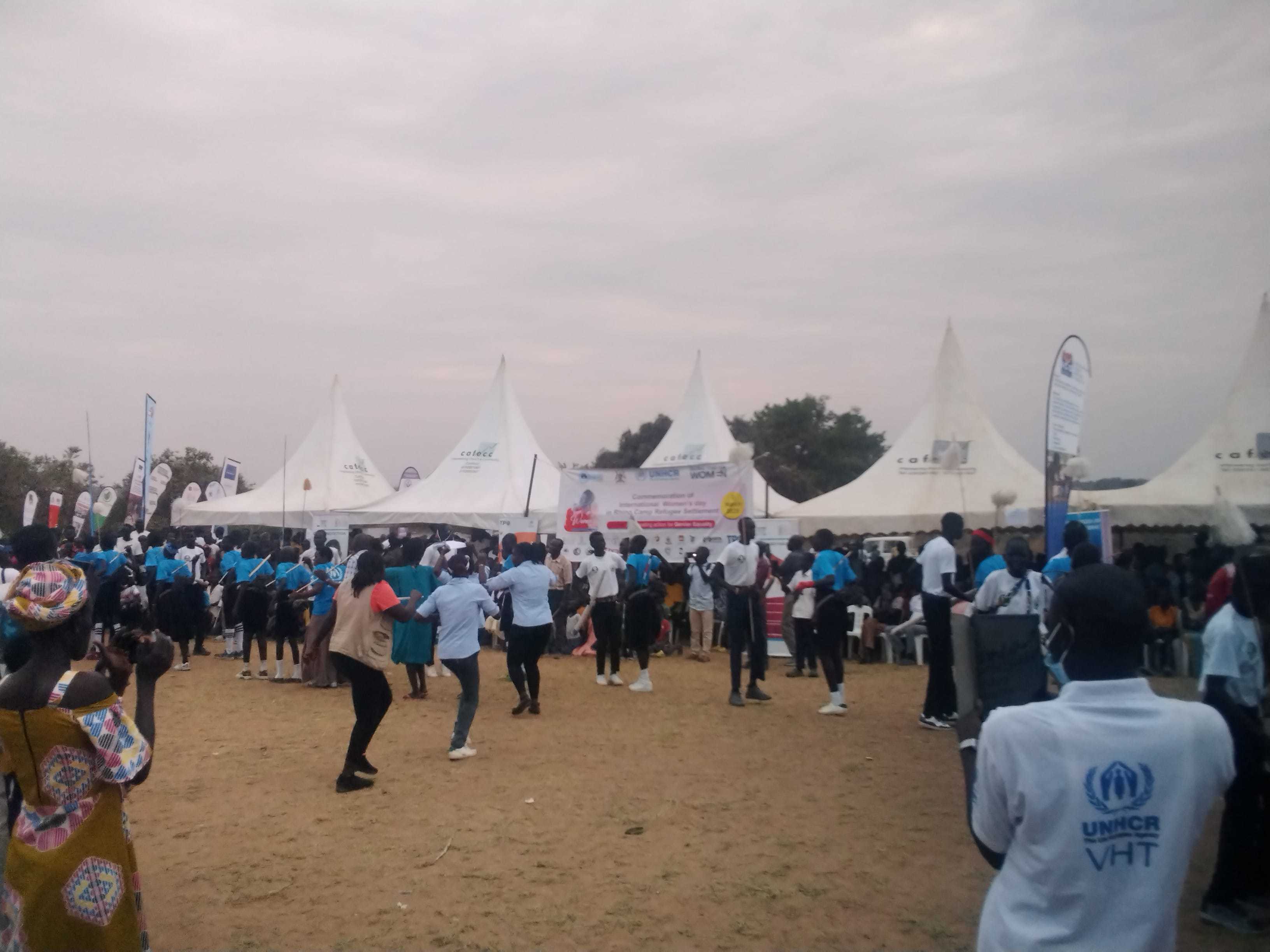
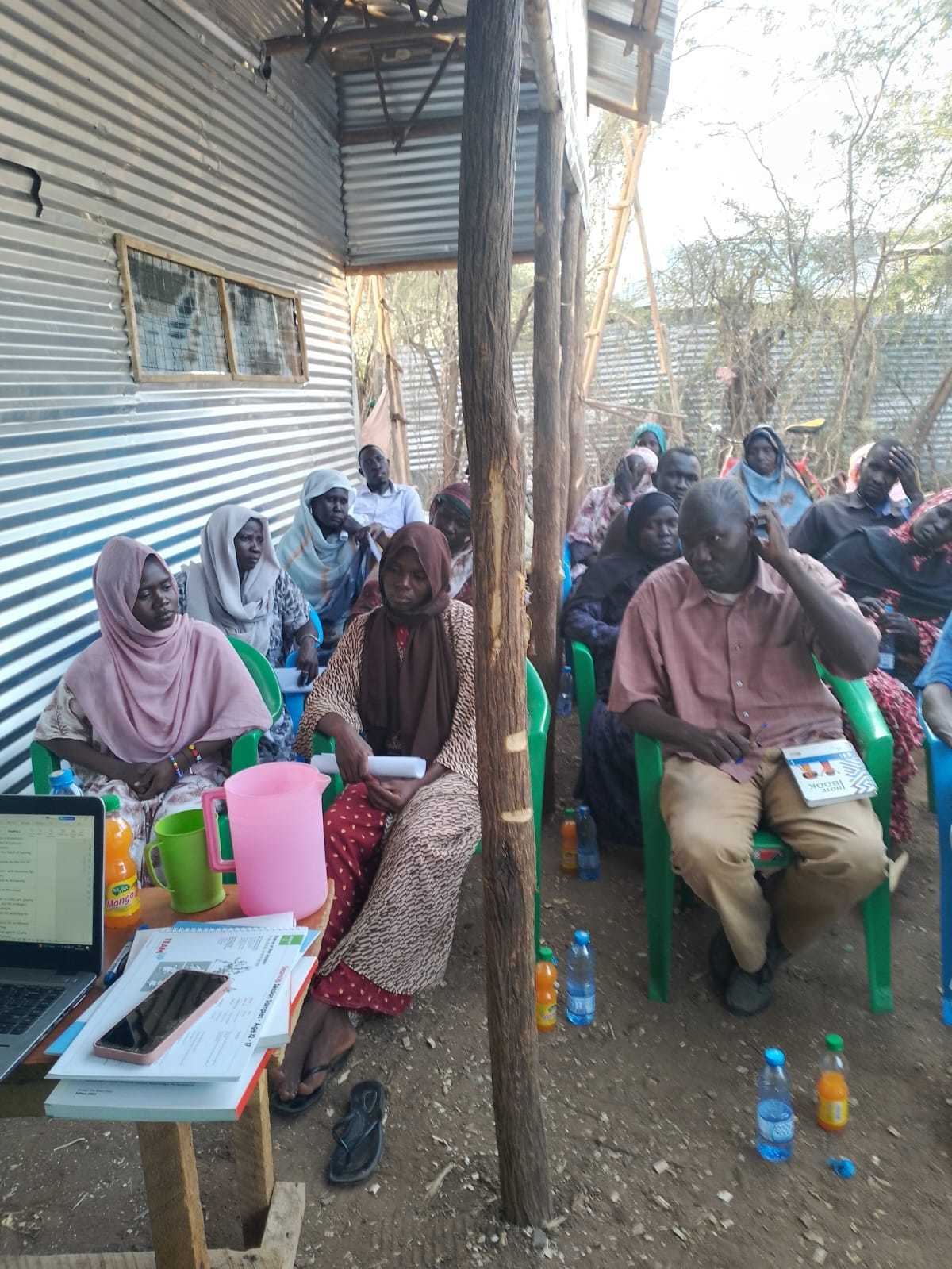
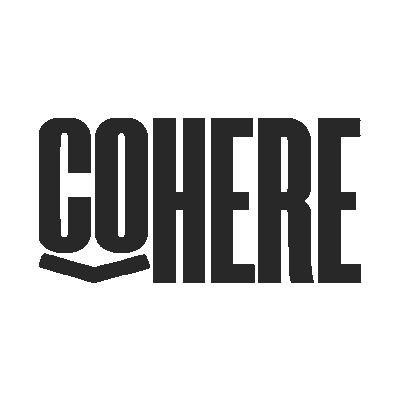
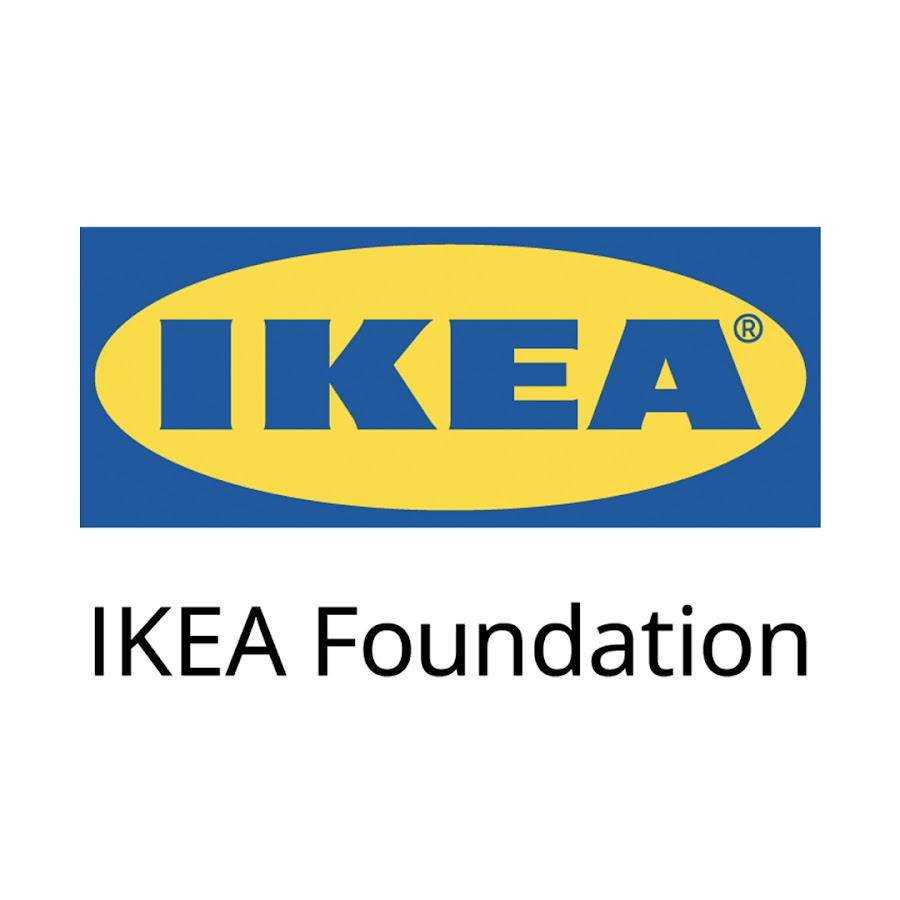
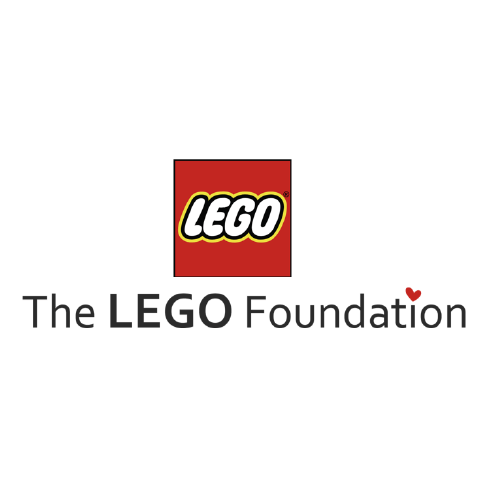
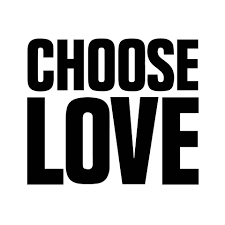
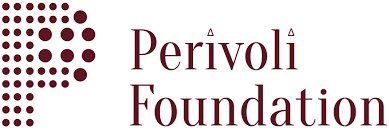
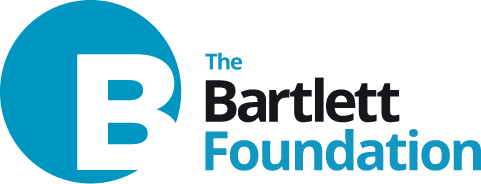
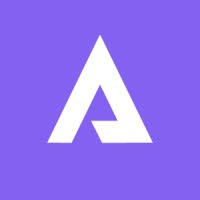
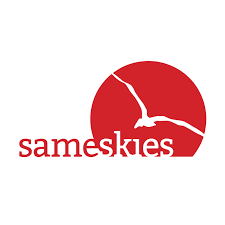
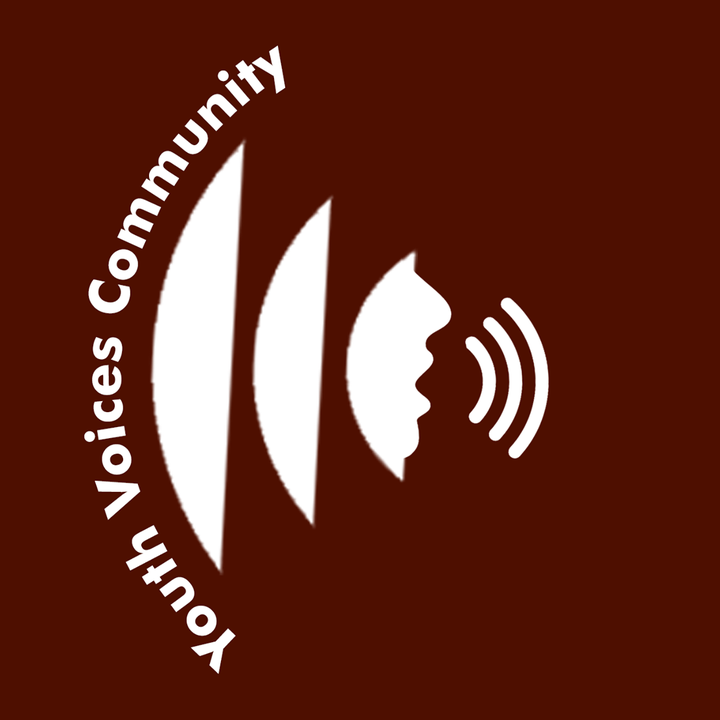
0